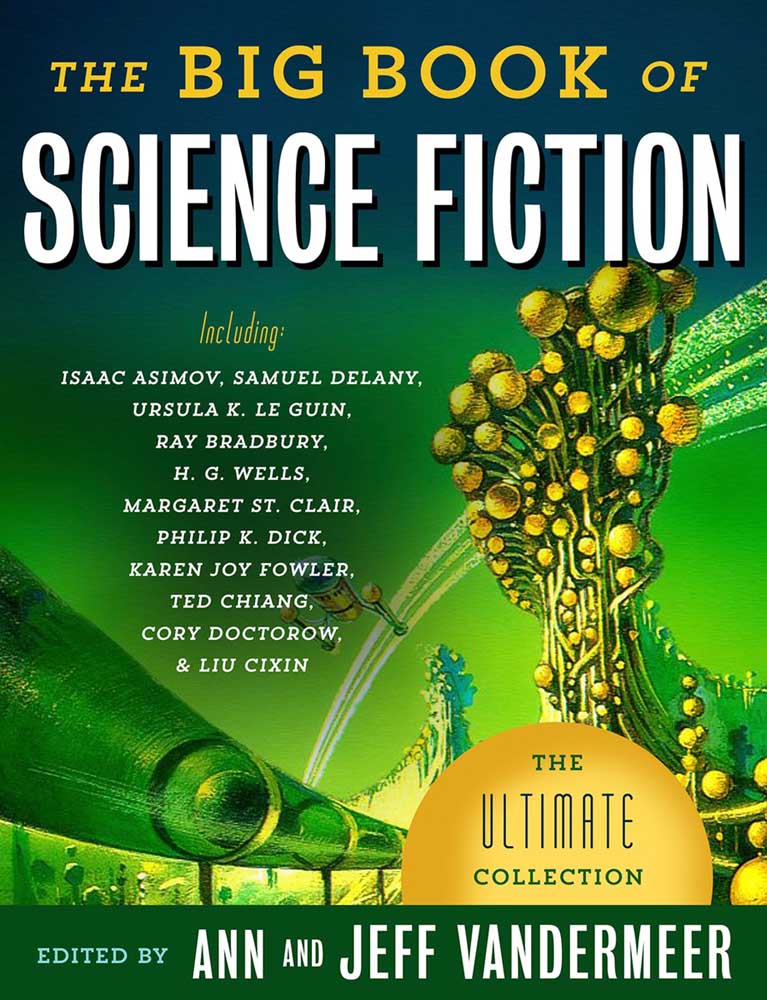’The Big Book of Science Fiction’ a portal to endless reading pleasure
Published 12:00 am Sunday, July 17, 2016

- Submitted photo
“The Big Book
of Science Fiction” Edited by Ann and Jeff Vandermeer (Vintage, 1,216 pages, $25)
Trending
Surprisingly, the literary spirit that haunts Ann and Jeff Vandermeer’s massive new anthology, “The Big Book of Science Fiction,” isn’t Arthur C. Clarke or Isaac Asimov or even H.G. Wells.
It’s Jorge Luis Borges, the creator of miniature fables of humans grappling with their double-edged longing for and terror of infinity and omniscience. He’s represented by a signature story, name-checked in another one and appears to influence several more.
Borges once imagined an infinite book with pages of infinite thinness. The Vandermeers approach that event horizon with this double-columned paperback of more than 1,200 pages, containing some 750,000 words in more than 100 stories.
People who like to read in bed may want to opt for the e-book.
A review of a few hundred words can only begin to suggest both the contents and quality of this excellent collection of short fiction. The Vandermeers sidestep territorial quagmires by defining sci-fi, simply and effectively, as fiction that depicts the future in a stylized or realistic manner. This definition allows them a wide range of choices.
They include writers not normally seen as Team SF, such as Borges, whose brilliant “Tlön, Uqbar, Orbis Tertius” (1940) imagines the complete transformation of reality by a book, and Spanish philosopher Miguel de Unamuno’s “Mechanopolis” (1913).
Trending
The Vandermeers take an international view of speculative fiction, selecting stories, for example, from Finland, Ghana, India and Ukraine, as well as from the Anglophone world. In Cixin Liu’s amusing (and Borgesian) “The Poetry Cloud” (1997), a godlike being who can transform energy into matter is affronted by a Chinese scholar’s challenge that it write a poem better than Li Bai. Failing in his initial attempts, the being decides to burn out some suns to power the quantum computer he needs to create all possible poems.
“The Big Book of Science Fiction” doesn’t codify a genre the way the Vandermeers’ previous mega-anthology “The Weird” did. Many good science-fiction anthologies exist, though I can’t think of any quite this large or internationally inclusive. But this collection has a high batting average — less than a handful let me down. This book could serve as a portal to years of pleasurable and thought-provoking reading.








